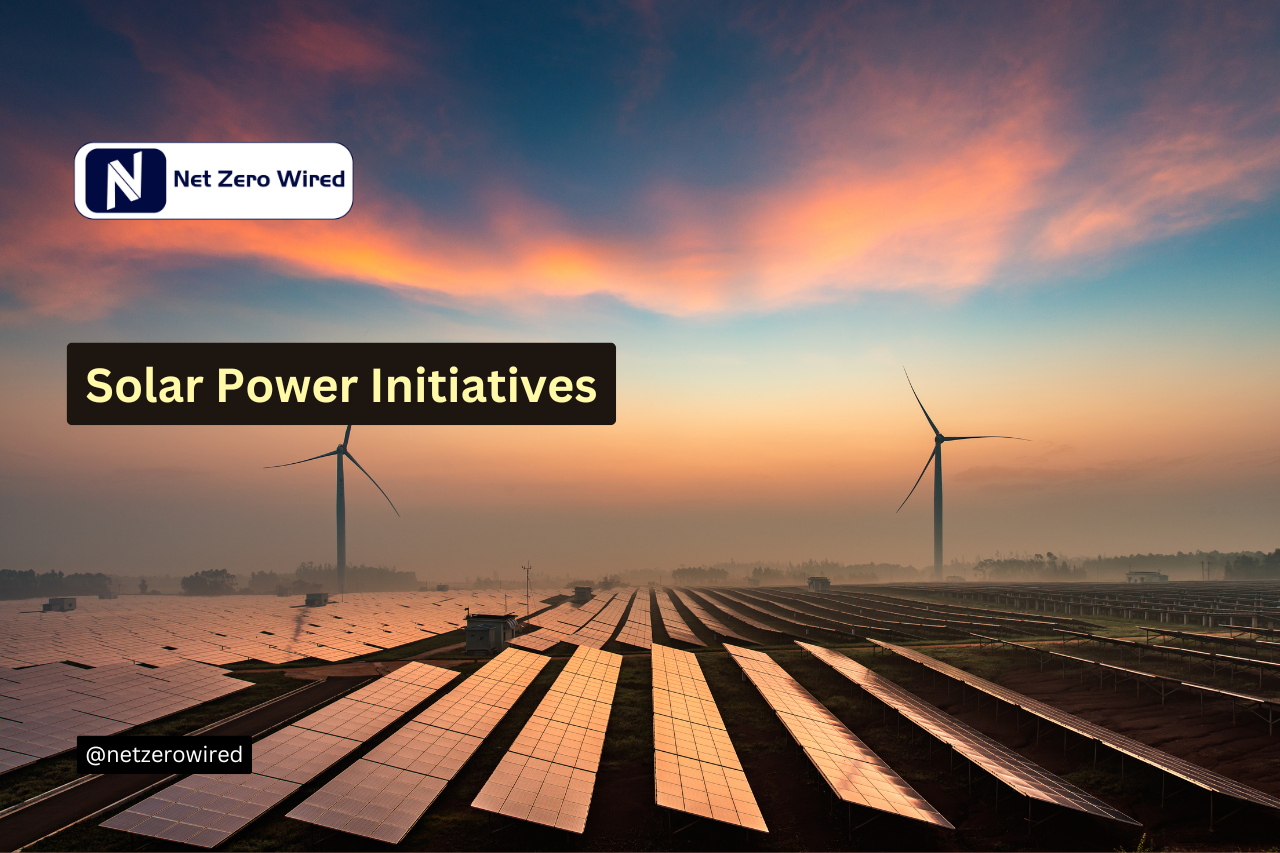
Solar Power Initiatives policy in India
India has been making significant strides in the field of solar energy in recent years. As part of its clean energy push, the country has significantly ramped up its solar capacity and has also taken the lead in promoting the use of solar power globally.
International Solar Alliance (ISA)
One of the most notable initiatives undertaken by India in the field of solar energy is the co-founding of the International Solar Alliance (ISA). The ISA is a global alliance of solar resource-rich countries that aims to promote the adoption of solar energy technologies and their efficient use. The alliance has over 110 member countries, primarily located in the tropics and subtropics, which are regions with abundant solar radiation.
The ISA has been working towards achieving its goal of developing 10 GW of solar projects globally. It has also been supporting its member countries in developing their solar energy capacities through various means, such as providing technical assistance, financing, and capacity building.
Domestic Solar Capacity
India’s domestic solar capacity has also been growing at a rapid pace. The country has set a target of meeting 50% of its electricity needs from renewable sources by 2030, and solar energy is expected to play a major role in achieving this goal.
The Indian government has been providing various incentives and subsidies to promote the installation of solar power plants in the country. These incentives have helped to reduce the cost of solar energy and make it more attractive to both residential and commercial consumers.
Benefits of Solar Power
Solar power offers a number of benefits, including:
- Environmental benefits: Solar power is a clean and renewable energy source that does not produce greenhouse gas emissions. This makes it an important tool in the fight against climate change.
- Economic benefits: Solar power can create jobs and stimulate economic growth. It can also help to reduce India’s dependence on imported fossil fuels.
- Energy security: Solar power can help to ensure India’s energy security by reducing its reliance on foreign sources of energy.
Challenges and Opportunities
Despite the many benefits of solar power, there are also some challenges that need to be addressed. These challenges include:
- High initial cost: The initial cost of installing a solar power system can be high. However, the cost of solar energy has been declining in recent years, and there are a number of financing options available to help offset the upfront costs.
- Grid integration: Integrating large-scale solar power plants into the existing electricity grid can be a challenge. However, India has been making progress in developing the necessary infrastructure.
- Intermittency: Solar power is intermittent, meaning that it is not available 24 hours a day, seven days a week. However, this can be mitigated through the use of energy storage technologies.
Overall, India’s solar power initiatives are making a significant contribution to the country’s clean energy goals. The country is well-positioned to become a global leader in the field of solar energy.
Conclusion
India’s solar power initiatives are making a significant contribution to the country’s clean energy goals. The country is well-positioned to become a global leader in the field of solar energy.

